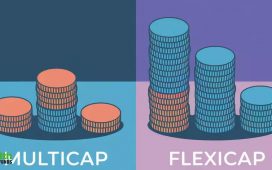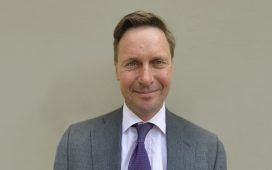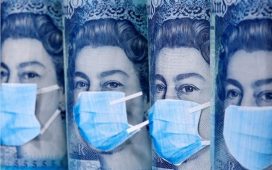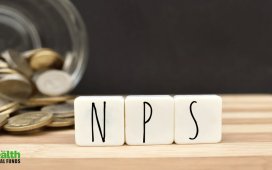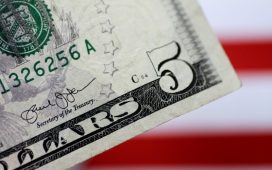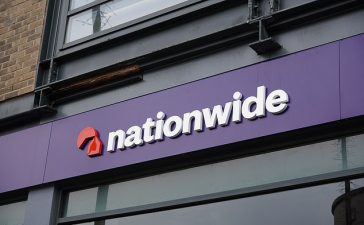
© Reuters. FILE PHOTO: Wads of British Pound Sterling banknotes are stacked in piles at the Money Service Austria company’s headquarters in Vienna, Austria, November 16, 2017. REUTERS/Leonhard Foeger
By Joice Alves
LONDON (Reuters) – hovered around a two-month high on Tuesday as the Bank of England (BoE) said Britain was not experiencing stress linked to the demise of Silicon Valley Bank (SVB) and Credit Suisse (SIX:).
BoE Governor Andrew Bailey told parliament’s Treasury Committee in a hearing on SVB: “I don’t think that any, and we’ve said this, that any of these features cause stress in the UK banking system.”
He said the central bank was on alert amid global turmoil in the banking sector.
Markets have been roiled in recent weeks by the collapse of U.S. technology lender SVB, followed by the failures of other U.S. regional lenders and the emergency rescue of Swiss lender Credit Suisse by rival UBS.
Immediate investor concerns over the banking sector eased as regulators moved to refine their responses to the turmoil.
Risk-sensitive sterling rose 0.2% against the U.S. dollar at $1.2313, not far from an almost two-month high touched on Thursday. Against the euro, sterling edged 0.1% lower to 87.91 pence per euro.
“Focus is still very much on the perceived stability in the banking system,” said Simon Harvey, head of FX analysis at Monex, adding that sterling would be sensitive also to U.S. regulators’ comments.
Top U.S. banking regulators plan to tell Congress that the overall financial system remains on solid footing after recent bank failures, but that they will comprehensively review their policies in a bid to prevent future collapses.
“Should their comments show more perceived concern over financial stresses than markets are currently assuming in equity and CDS (credit default swaps) prices, we expect cable () to drop back to the low-$1.22 mark,” Harvey said.
In the data front, market researcher Kantar said British grocery inflation rose again in March to a record 17.5%, inflicting more pain on consumers battling a cost-of-living crisis.
The BoE raised interest rates last week by 25 basis points to 4.25%, but said a surprise resurgence in inflation would fade fast, prompting speculation it had ended its run of hikes.
Money markets are now pricing in a 50% chance of no BoE interest rate increase and the same probability of a 25 bps hike in May.
———————————————————-
Don’t miss the opportunity to learn about financial markets with this webinar for beginners.

